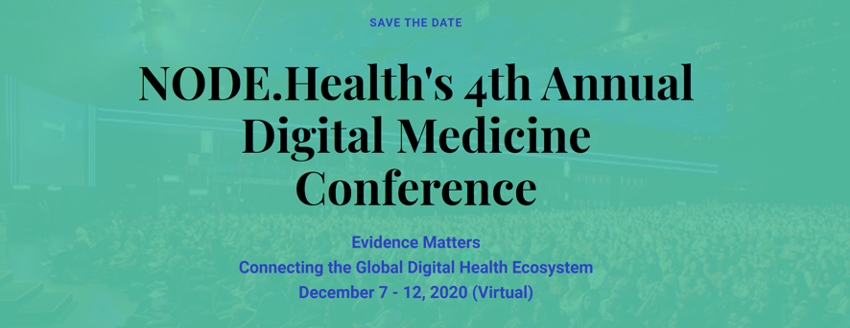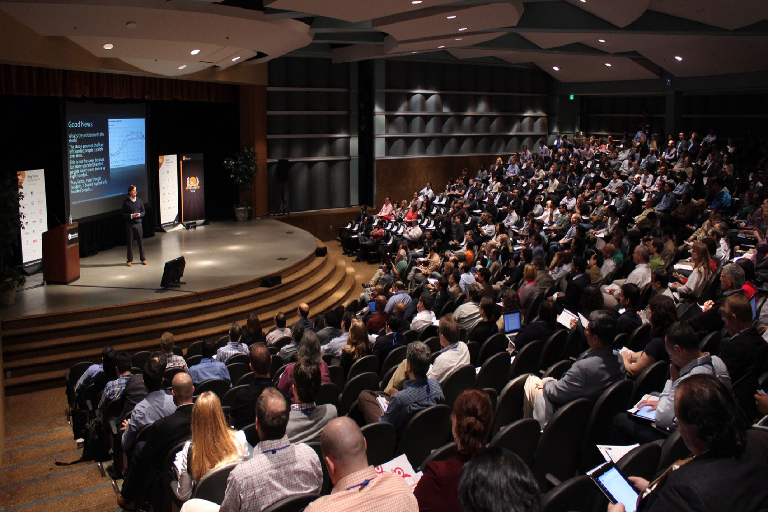Exclusive Article by Lindsey Patterson at EMRIndustry
Most people in the third world countries have not been able to get proper health care and facilities mainly because of low levels of technology in the health centers. The developing nations, more so in Africa, health scientists have experienced enormous problems in trying to improve technology in the health departments. The first scenario is the provision of low-quality courses which in turn leads to technically inept health workers who would then struggle to invent something new. The research personnel also need enough resources, mainly funds that can empower them to finance their projects and research.
There has been a significant difference between the first and third world countries concerning health technology as the developed world employs cutting-edge techniques like vsat, and as a result, the need to incorporate the technology in the poorer countries was necessary. According to research in the less developed countries, many organizations have teamed up with governments to make an impact on health technology so as to close the gap and improve their well-being.
Diagnostic technologies
Most often, the health centers in developing countries lack the prerequisite technology for diagnosis of patients. The first world countries, on the other hand, possess fully equipped health centers hence carry out diagnostic services to its population at ease. Low caliber technology is a barrier to health such that a faulty diagnosis of a disease would cause inefficiency in its treatment. Doctors are then drawn to look at various symptoms of diseases and after that make conclusions, which is an inefficient method. It, therefore, increases risk amongst patients as it can cause damage and lives can be lost. The wrong diagnosis can also cause a disaster of the emergence of bacteria and viruses that can withstand drugs.
However, the developing countries have been able to benefit from new diagnostic innovations in that they are cheaper, easy to carry and they can be operated on easily. The innovation is just an improvement on the previous more advanced technology. The efficiency of the diagnostic process is achieved when it has discovered a disease at its initial stages and has been on point in knowing the disease concerned. Third world states have put into use diagnostic technology by the use of polymerase chain reaction (PCR), monoclonal antibodies and recombinant antigens and the result has been immense in saving lives.
Telemedicine
The major setback that less developed countries face in health care centers is the low number of health workers and professionals. Individuals that have the capacity to use the equipment in hospitals are scarce and as a result, the need for telemedicine has proved to be crucial in these parts of the world. Telemedicine can only be defined as the application of telecommunication devices for the provision of medical information, precisely, consultancy services.
Despite one’s distance and location, telemedicine has been able to connect the health professionals and patients, thereby doing away with a good number of potential risks. The biggest problem that is faced with the use of telemedicine is its cost which makes it hard for all residents in the third world countries to have access to it. Additionally, this method can give information on very detailed structures which might be challenging for the patient to understand. It is also notable that less developed countries lack basic infrastructure that would enable efficient communication. The setbacks, therefore, give a suggestion that rather than using telemedicine as a solution to health treatment, it can be used to gain information on prescriptions and medication management.
Baby incubators
There are organizations which saw the high infant mortality rates as a hindrance to Africa and therefore took steps to address the matter. Most of them were non-profit making groups who did away with the old model incubators that had outdated technology. The incubators were replaced with more durable ones that were easy to maintain. The result was immense as fewer infant deaths were experienced.
There is no doubt that the developed nations have been beneficial in the technological advancements in the third world countries. However, it is important for them to enable the less developed ones. This way, a longer term solution is made, and the third world countries can rely on themselves technologically. Of most importance is that the provision of new technology to the health sector should not undermine the role played by the existing methods. For instance, the maintenance of good hygiene is an important aspect of avoiding diseases.






























